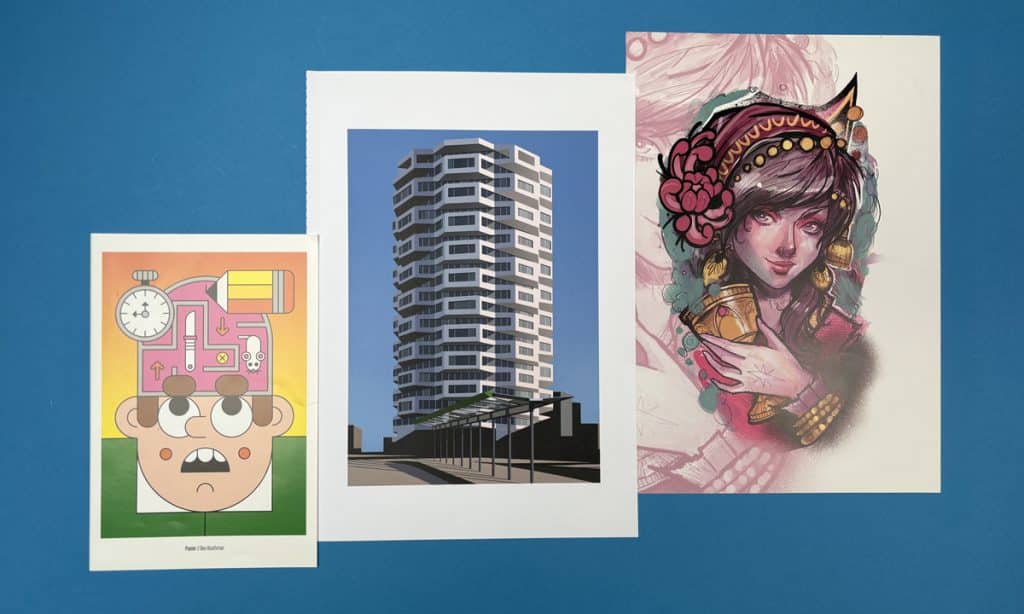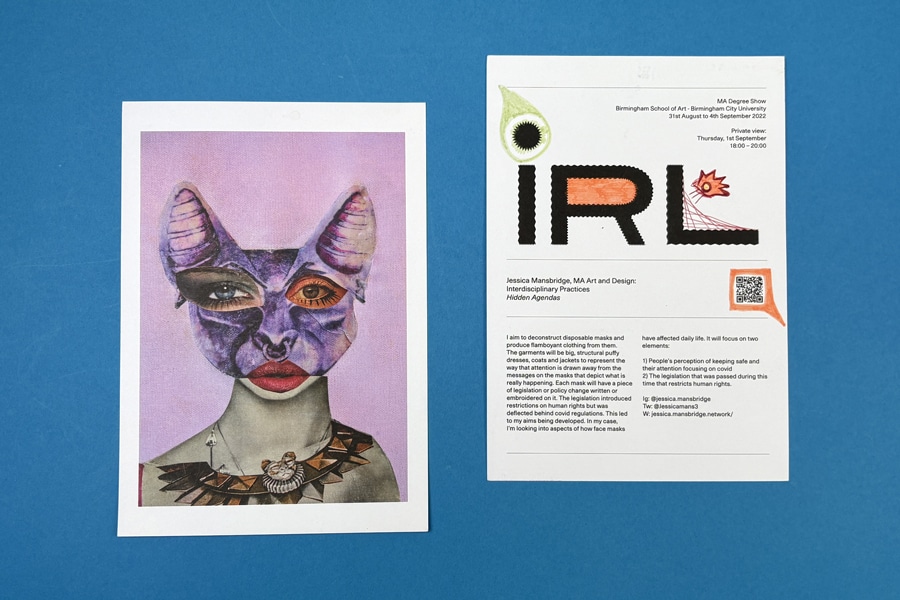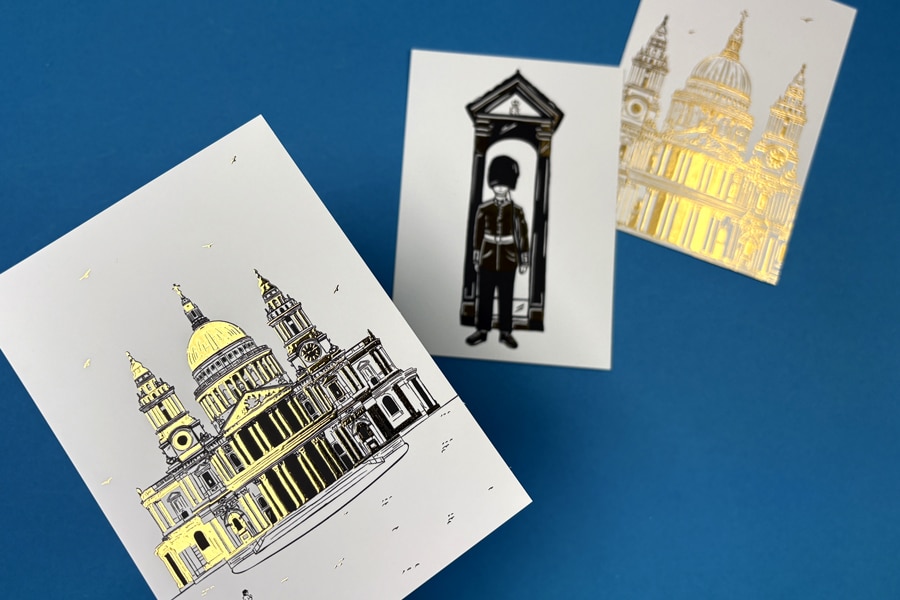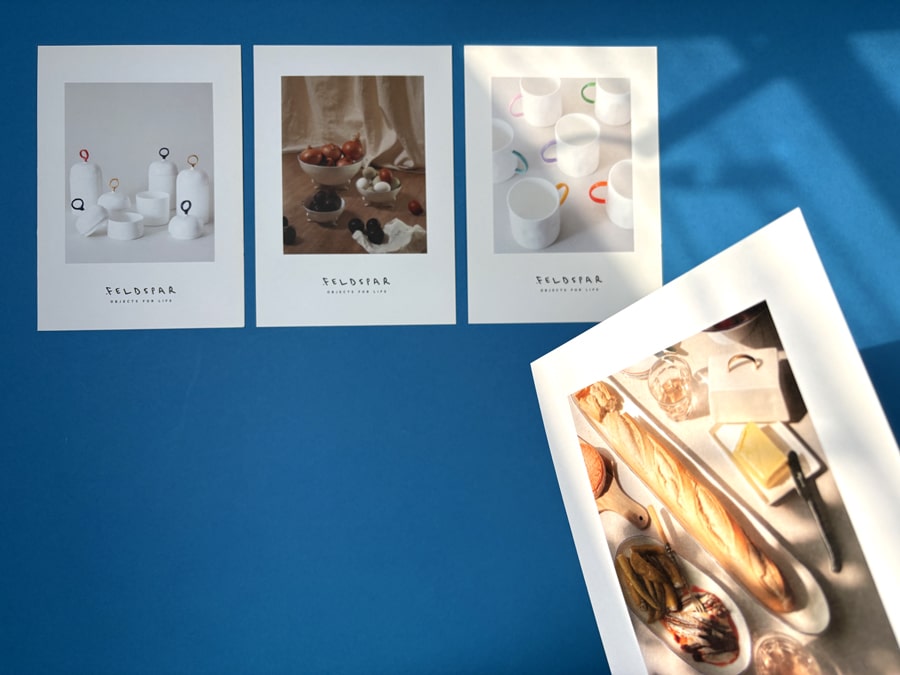How to Print Art Prints: A Smart Step-by-Step Plan


Have you ever felt overwhelmed trying to turn your digital artwork into stunning physical prints? It's easy to get lost in the technical maze of file formats, paper types, and print methods. However, printing your art doesn’t have to be intimidating—it just needs a clear, smart plan.
Whether you're an illustrator selling on Etsy, a designer prepping for a gallery show, or simply wanting to frame your favorite piece, the steps to getting it right are more accessible than you think.
In this blog, we’ll explain the entire process—from preparing your files to picking the best print method. Get a step-by-step guide to ensure your digital art looks as good on paper as on screen. Ready to bring your creations to life? Let’s take that first step together.
What Are Art Prints and What Are Their Benefits?

Art prints are often misunderstood or mistaken for posters or basic reproductions. But they’re a powerful way to share your creativity without sacrificing quality. Numerous benefits of art prints include:
- Not Originals, But Intentional: Art prints are high-quality digital reproductions of original paintings and art pieces, created carefully to reflect the artist’s vision.
- Affordable, Yet Impactful: They offer buyers a more budget-friendly option while still maintaining the spirit of the original.
- Designed for Reach: Artists can share their work with a broader audience by producing prints in larger quantities.
- Cultural Connectors: From galleries to cozy apartments, art prints invite more people to appreciate, collect, and connect with art.
Overall, art prints offer fabulous opportunities. For creators, they open new doors. For buyers, they bring inspiration home.
What's the Difference Between Art Prints vs. Originals?
The key difference between art prints and originals is exclusivity vs. accessibility. Have a look at the table below to learn how they differ.
Aspect | Original Art | Art Prints |
|---|---|---|
Uniqueness | One-of-a-kind, directly created by the artist | Reproductions made in multiples |
Price | Expensive due to time and exclusivity | Budget-friendly, accessible to a wider audience |
Collectibility | Highly collectible, often increasing in value | Less collectible but still holds value |
While original art carries prestige, prints make art ownership more inclusive. For artists, they offer a scalable income stream without sacrificing creative value.
Step-by-Step Guide on how to print high quality art prints
Creating prints of your art involves a series of important steps to work on. Let's quickly have a look at these steps.

1. Digitizing Your Artwork
Before printing, you must bring your physical art into a digital format in the digital world. You have two solid options: scanning or photographing, and the right one depends on your artwork’s size, texture, and detail.
a. Scanning
Scanning is your best bet for flat, smaller pieces. Set your scanner to at least 300 DPI and save the file as a PNG to retain detail. Use editing software to crop and fine-tune color, contrast, and clarity so your digital version feels true to the original.
b. Photographing
For larger, textured, or 3D artwork, opt for photography. Use soft, indirect natural light, align your piece squarely with the lens, and stabilize your camera. A DSLR or modern smartphone with manual settings works great. After shooting, refine the image in Photoshop or a similar tool to make it print-ready.
2. The Preparation Stage
Preparing your digital file for printing is critical to ensuring professional-quality prints. Before you hit "print," make sure your file is sharp and clean. Set your resolution to at least 300 DPI to preserve your artwork's crispness and fine detail.
Additionally, color accuracy can make or break your print. Switch to CMYK color mode while editing to ensure your edits stay within the printable color range.
When saving, choose PNG over JPEG to prevent quality loss. Once uploaded, double-check your work, and you are ready to go.
3. Selecting the Right Materials for Printing
The material you choose to create prints, such as printing on art paper types and watercolor paper, significantly impacts the visual and tactile experience of your art. Each material offers a texture, weight, and finish, affecting how your art is perceived and enjoyed.
Canvas, Metal, and Poster Options
Depending on the visual and atmospheric effect you want with your artwork, you might want to consider canvas, metal, or poster materials for printing, as some options can help minimize glare. Here’s a closer look at their traits:
Canvas Print | Metal Print | Poster Print |
Textured, three-dimensional appearance, ideal for painting reproductions | Modern, sleek look with vibrant colors and a sense of depth | Classic style, available in matte and glossy finishes |
Durable and resistant to fading | Durable, waterproof, scratch-resistant, suited for indoor and outdoor display | High-quality paper ensures longevity and fade resistance |
Can be stretched over frames or traditionally framed | Lightweight, easy to hang, no need for heavy-duty mounting hardware | Versatile in display options depending on the chosen finish |
To stay aligned with current market trends, no matter which material you’re working with, it’s helpful to connect with a specialist team at ExWhyZed and share your requirements. Our dedicated expert team will not only review your request but also offer practical suggestions and resources to get started. Plus, we will help you bring your art prints to life while keeping your budget in check. Need an estimate? Simply request a quote to begin.
Consideration of Framing
Choosing the right frame for your art print isn't just a design choice; it's integral to creating the overall appeal. While canvas prints can be effectively stretched over frames for a gallery-style presentation, different frames suit posters better, enhancing the color and subject matter of the artwork. A well-chosen frame harmonizes with the environment, ensures the artwork remains the centerpiece, and increases the piece's perceived value.
4. Partnering with a Print Specialist like Ex Why Zed

If you're serious about delivering gallery-worthy art prints, working with a dedicated print-on-demand company like Ex Why Zed is a smart move. Known for attention to detail and artist-first approach, ExWhyZed ensures each print reflects the care and quality your work deserves.
Whether you're producing limited edition runs or building a global customer base, we handle the production and fulfillment, so you can stay focused on creating. With reliable turnaround times, archival-grade materials, and a commitment to quality, ExWhyZed helps independent artists maintain consistency, credibility, and customer satisfaction, one print at a time. Also, no more worries about shipping as we send print everywhere globally!
5. Quality Control: Sampling and Proofing
Before listing your art prints for sale, make sure to order samples. This essential step lets you check how your artwork looks realistically, ensuring the colors, details, and finish match your expectations.
With sample orders at reduced prices, it's affordable to ensure everything is perfect. Plus, having physical prints allows you to create authentic marketing content, such as styled photoshoots or showcasing them in home settings—great for social media and your online store.
Besides, ordering samples helps you maintain quality control and ensures your customers receive precisely what you envision.
6. Marketing and Selling Your Art Prints
It's time to take real action. Marketing your art online is all about connecting with the right people. Use platforms like Instagram, Pinterest, Facebook, and TikTok to showcase your work, but make sure to engage with your followers—share behind-the-scenes moments and stories that build a connection.
An email list is essential for updating your audience on new releases or special offers. Also, ensure your online store reflects your brand with quality photos and detailed descriptions.
Local collaborations, gallery shows, and art community forums can expand your reach beyond the digital world. If you’re looking for faster visibility, try paid ads on Facebook or Instagram to target your ideal audience.
Ultimately, focus on starting conversations and building relationships—this will boost both your visibility and sales.
Streamline Your Art Business with a Trusted Print Partner
If you want to simplify getting your art prints into customers' hands, partnering with a trusted print-on-demand service like Ex Why Zed can make all the difference. With our high-quality printing and efficient order handling, you can focus on what you do best—creating art—while we care for the rest.
This allows you to grow your business, ensuring your work reaches a wider audience with minimal effort. Whether you're just starting or looking to expand, we offer a smooth, reliable solution for artists in the USA. So, without waiting any further, contact us now!
Conclusion: Turning Your Art into Something More
Creating art prints isn’t just about duplicating your work—it’s about giving your creativity a second life. Whether you're starting or looking to grow your art business, this journey offers more than extra income.
It’s a chance to connect with people who truly resonate with what you create. With a thoughtful approach—digitizing your art well, prepping your files right, partnering with the right print platform, and putting your work out there—you’re setting yourself up for more than sales. You’re building a presence.
So take your time, stay true to your style, and let your work speak for itself on every wall it lands on.
Frequently Asked Questions
How can I ensure the best quality for my art prints?
Ensuring the best quality of your art prints involves several steps. Digitize your artwork accurately using a scanner or a camera for capturing a digital image, and edit it appropriately with software like Adobe Photoshop. Based on the artwork's style, select the right materials for printing, choose a trustworthy printing company or print shop, and maintain continuous quality control through sampling and proofing. Make sure to consider the resolution of your scans in terms of dots per inch for the best results.
What are effective marketing strategies for selling art prints online?
Effective marketing strategies for selling art prints online include lavish use of social media platforms like Instagram, Facebook, and Pinterest. Paid advertising, SEO optimization, email marketing campaigns, and collaborating with other artists or influencers can greatly expand your reach. Networking at art fairs and community events also aids in marketing efforts.
How to print art prints at home?
Home printers may seem convenient, but may not yield the best results for fine art prints. High-quality inkjet printers, like Epson models, with at least a six-colour system, are advisable for producing your own prints of professional-grade quality. Alternatively, collaborating with a reliable print-on-demand provider can assure quality while easing logistical hassles.
What is the best printing method for art prints?
The best printing method depends on your artwork's style, desired texture and finish, and the volume of prints. Giclée prints using archival ink and inkjet printing deliver high-quality reproductions for digital art and photography. Screen printing is excellent for high-volume orders, while lithography suits original printmaking for limited editions.

